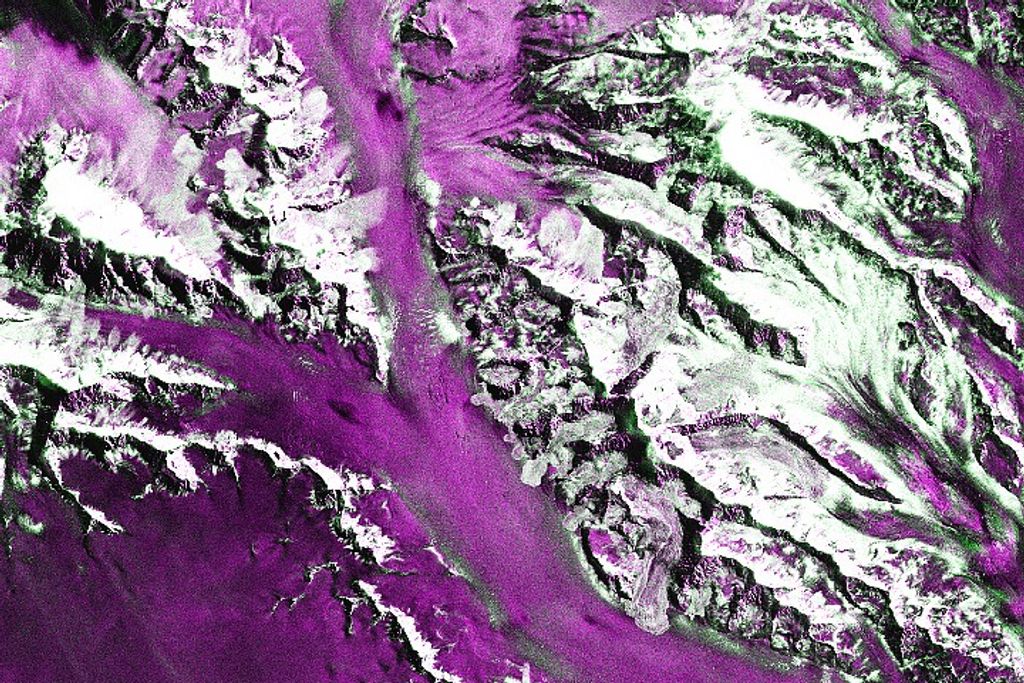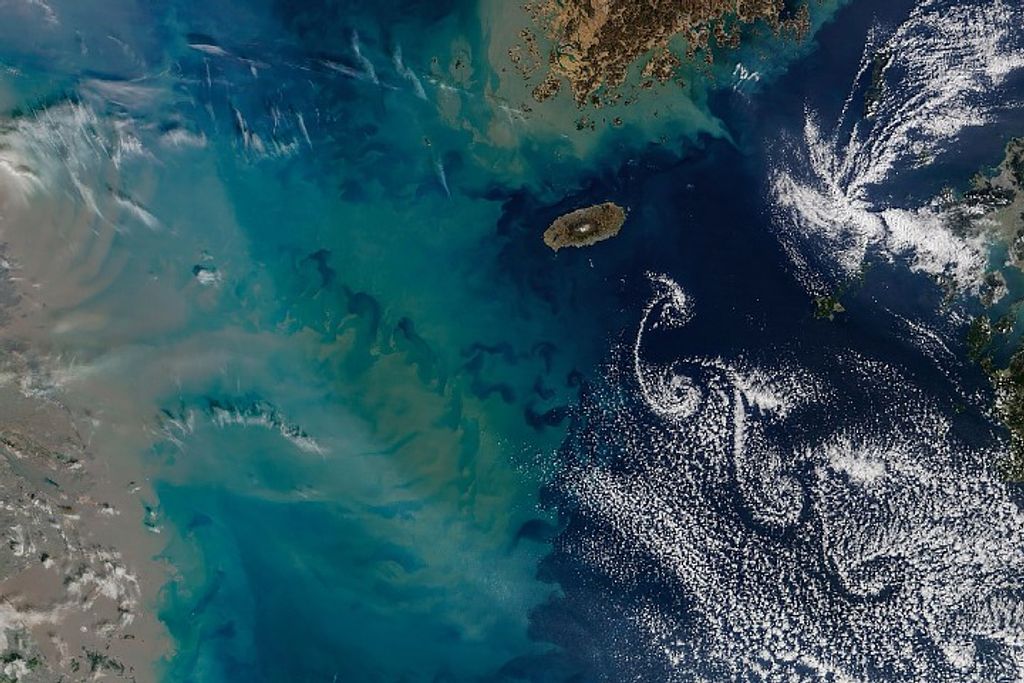Feature Articles
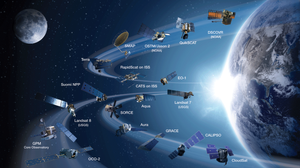
An Intertwined History: The Earth Observer and EOS The Earth Observer, a newsletter issued for nearly 37 years, will release its last online content at the close of 2025. This newsletter evolved in parallel with NASA’s Earth Observing System (EOS).…
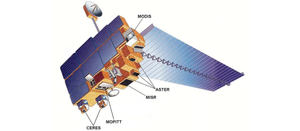
Launched into the night sky more than 26 years ago, on Dec. 18, 1999, from Vandenberg Air Force Base (now Space Force Base), Terra was NASA’s first Earth Observing System (EOS) flagship mission to study Earth’s land surface from space
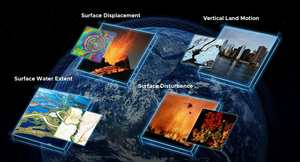
Introduction The Observational Products for End-Users from Remote Sensing Analysis (OPERA) project represents a strategic initiative designed to address critical satellite data needs identified by federal agencies. Established in 2021 by the NASA/Jet Propulsion Laboratory (JPL), OPERA responds to priorities…
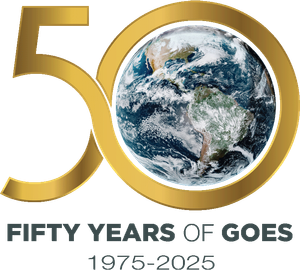
the development and evolution of NOAA’s Geostationary Operational Environmental Satellites (GOES) has been a major achievement for weather forecasting. For 50 years, GOES have kept a constant vigil over the Western Hemisphere and monitored the Sun and the near-Earth environment.
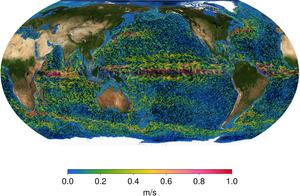
Introduction On November 16, 2025, the Sentinel-6B satellite launched from Vandenberg Space Force Base (VSFB) in California. The mission is a partnership between NASA, the National Oceanic and Atmospheric Administration (NOAA), and several European partners – the European Space Agency…
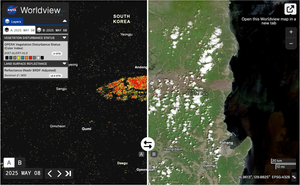
Introduction Landsat, a joint program of NASA and the U.S. Geological Survey (USGS), has been an invaluable tool for monitoring changes in Earth’s land surface for over 50 years. Researchers use instruments on Landsat satellites to monitor decades-long trends, including…
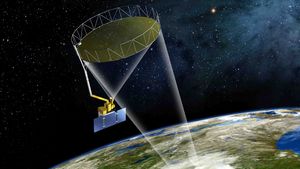
Introduction The NASA Soil Moisture Active Passive (SMAP) mission, launched in 2015, has over 10 years of global L-band radiometry observations. The low frequency [1.4 GHz frequency or 21 cm (8 in) wavelength] measurements provide information on the state of…
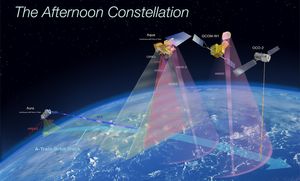
When woven together, the tapestry of experiences of staff and scientists provide the complete picture of OCO-2. Breathe in… Breathe out. This simple rhythm sets the foundation of life on Earth – and it’s a pattern that a NASA satellite…
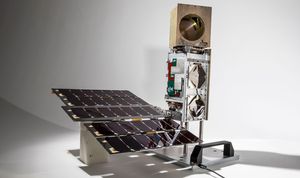
Introduction Tropical cyclones represent a danger to life, property, and the economies of communities. Researchers who study tropical cyclones have focused on remote observations using space-based platforms to image these storms, inform forecasts, better predict landfall, and improve understanding of…
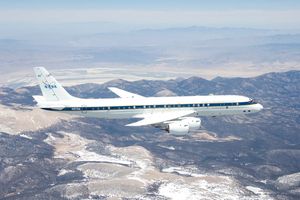
Introduction Since 1987, a highly modified McDonnell Douglas DC-8 aircraft has been a workhorse in NASA’s Airborne Science Program (ASP) – see Photo 1. The aircraft, located at NASA’s Armstrong Flight Research Center (AFRC) in California, flew countless missions as a…









